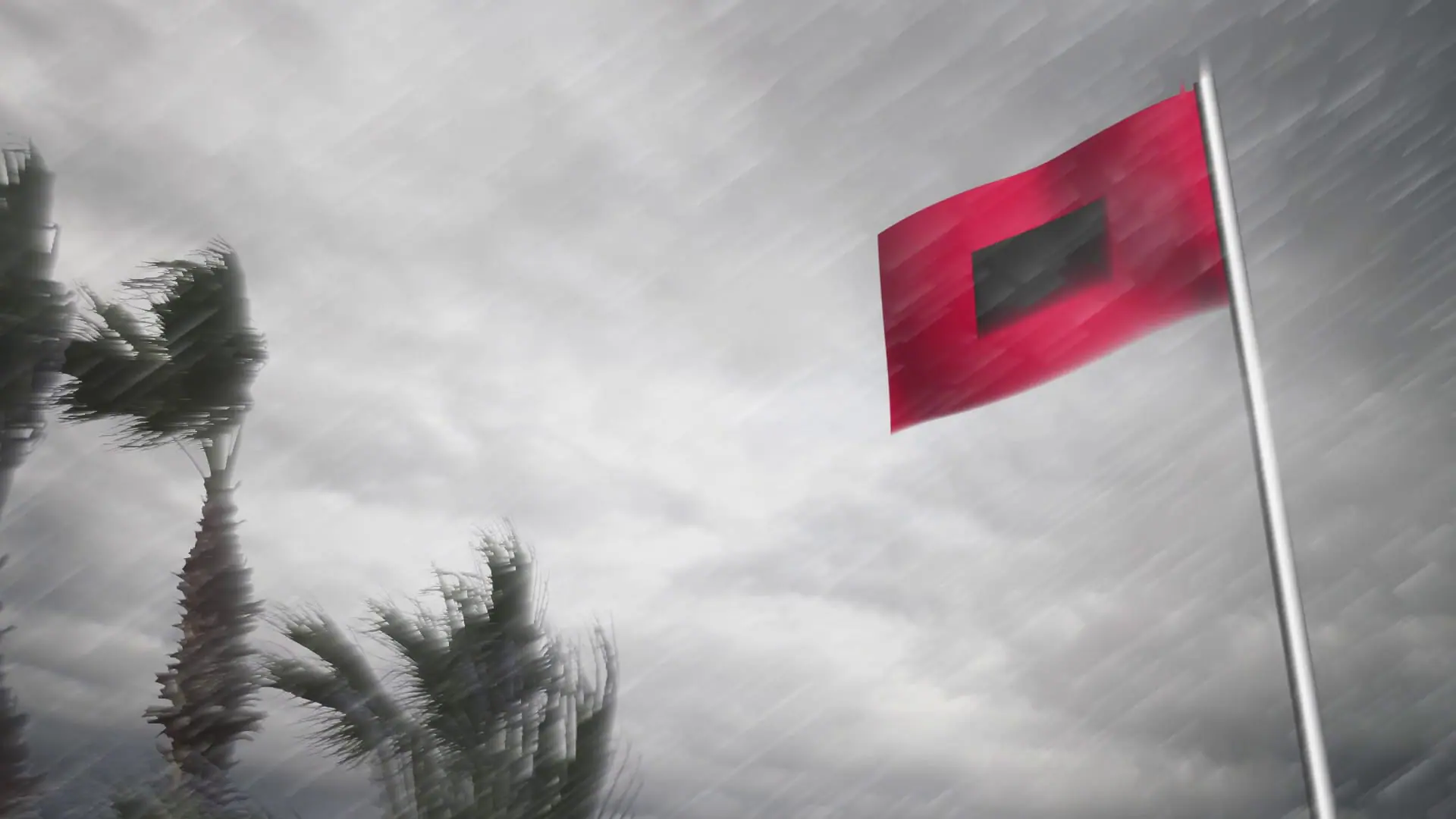The 2024 Atlantic hurricane season begins this weekend

As we brace for the official start of the 2024 Atlantic hurricane season tomorrow, the National Oceanic and Atmospheric Administration (NOAA) has released its annual forecast and list of names for this year’s potential storms. With 17 to 25 named storms expected, 8 to 13 of which could become hurricanes, and 4 to 7 of those possibly reaching major hurricane status, it’s essential to be prepared and stay informed.
The names for this year’s storms have already been predetermined by the World Meteorological Organization and include familiar names like Alberto, Beryl, Chris, and Debby. These names will be used in alphabetical order as each new storm is identified.

NOAA’s outlook for the season highlights an 85% chance of above-normal activity, a 10% chance of near-normal activity, and a 5% chance of below-normal activity. These probabilities indicate a strong likelihood of a busy hurricane season, emphasizing the need for vigilance along the Atlantic coast and beyond.
While Indiana and the Midwest are not typically on the front lines of hurricane impacts, the remnants of these powerful storms can still make their presence felt far inland. Tropical systems that move northward and weaken can bring significant rainfall, gusty winds, and even the potential for tornadoes to areas like Indianapolis. Historically, the remnants of hurricanes have caused flooding and storm damage in the Midwest, so it’s important to monitor these systems even after they make landfall on the coast.
This weekend, however, we are not expecting any significant storm action in Indiana. The forecast calls for rain, but it will likely be light with minimal storm activity. As always, it’s a good practice to stay updated with the latest weather information, especially as we move into the heart of hurricane season.

As we look ahead to the coming months, it’s crucial for everyone to have a plan in place. Stay tuned to local weather reports, prepare emergency kits, and know your evacuation routes if you are in an area prone to tropical storm impacts. Even here in the Midwest, being prepared can make all the difference.
For more detailed information and updates throughout the hurricane season, visit hurricanes.gov and follow the National Weather Service (@NWS) and the National Hurricane Center (@NHC_Atlantic) on social media.
Stay safe, stay prepared, and let’s weather this hurricane season together.
